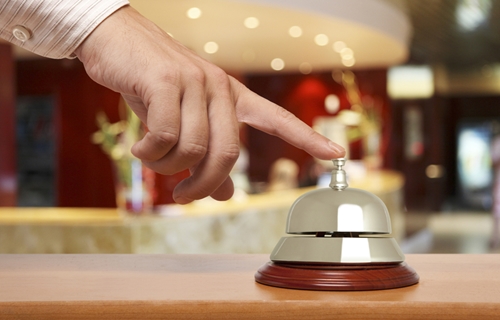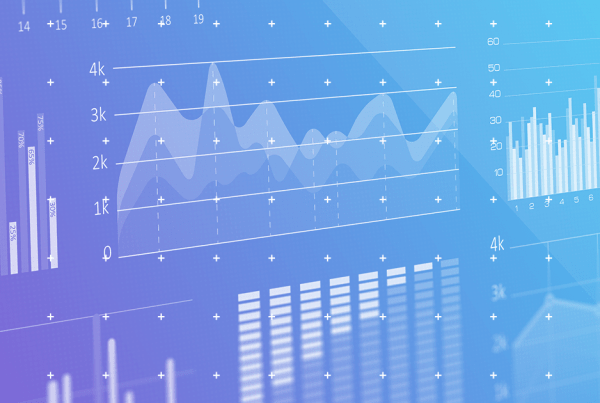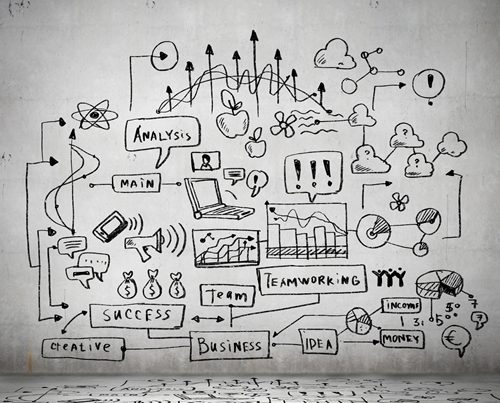The hospitality industry, from hotels to cruise line operators and theme parks, can gain significantly deeper insight into their customers through the right applications of big data and hospitality management system software. Perhaps even more so than in other service industries, companies in the hospitality field see a direct correlation between the experiences of customers and their satisfaction with a visit, stay or trip. Understanding the elements that make an interaction positive for customers, both collectively and when broken down into smaller demographic groups, allows hospitality organizations to make improvements and determine the effectiveness of existing programs in an organized, effective and productive manner.
"The hospitality industry can gain deeper insight into their customers through big data."
A number of major benefits available through judicious big data use
Big data can help the hospitality field enhance a number of different business processes, from generating accurate customer insights to forecasting demand and determining optimal pricing for rooms, admissions and the many other services the industry provides. Judicious application and use of big data and business intelligence software allows organizations to find the connections between trends in different areas of operation. One example is comparing the satisfaction of guests following a hotel or cruise ship stay with staffing levels for that trip, changes to food and entertainment options and recent upgrades to building or ship infrastructure.
An article from Forbes discussed a number of aspects on which the hospitality industry can focus using big data. One particularly important concept that companies can seize upon and improve is customer evaluation. Basic data and analysis can tell a hospitality business which customers spend more and what they spend it on during their visits, but it can't help them understand patterns and habits across time.
The example used in the Forbes article highlights the differences between a one-off visitor taking an especially lavish but out-of-character vacation, meaning a guest who is unlikely to maintain those spending habits, and a customer who seeks out affordable accommodations but either works in a high-travel position or takes personal trips frequently. While that second customer provides less value per visit, he or she will spend more over time if the hotel can meet and exceed his or her needs, thereby developing loyalty. With the right data warehouse solution in place, hospitality businesses can better discern the differences between these two types of customers – and many more – to decide where to extend extra service, offer perks and adjust other areas of operation to create the best returns.






